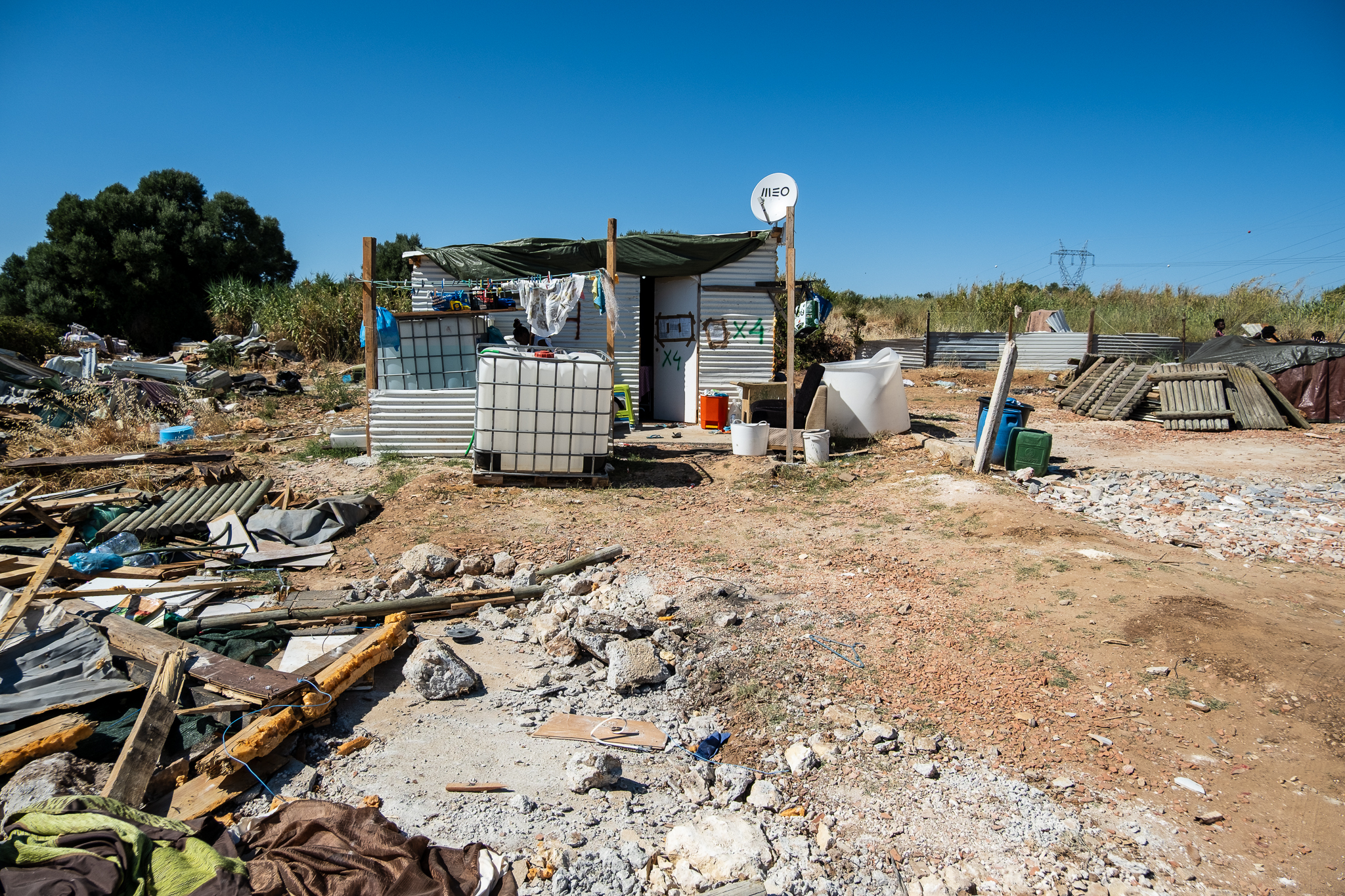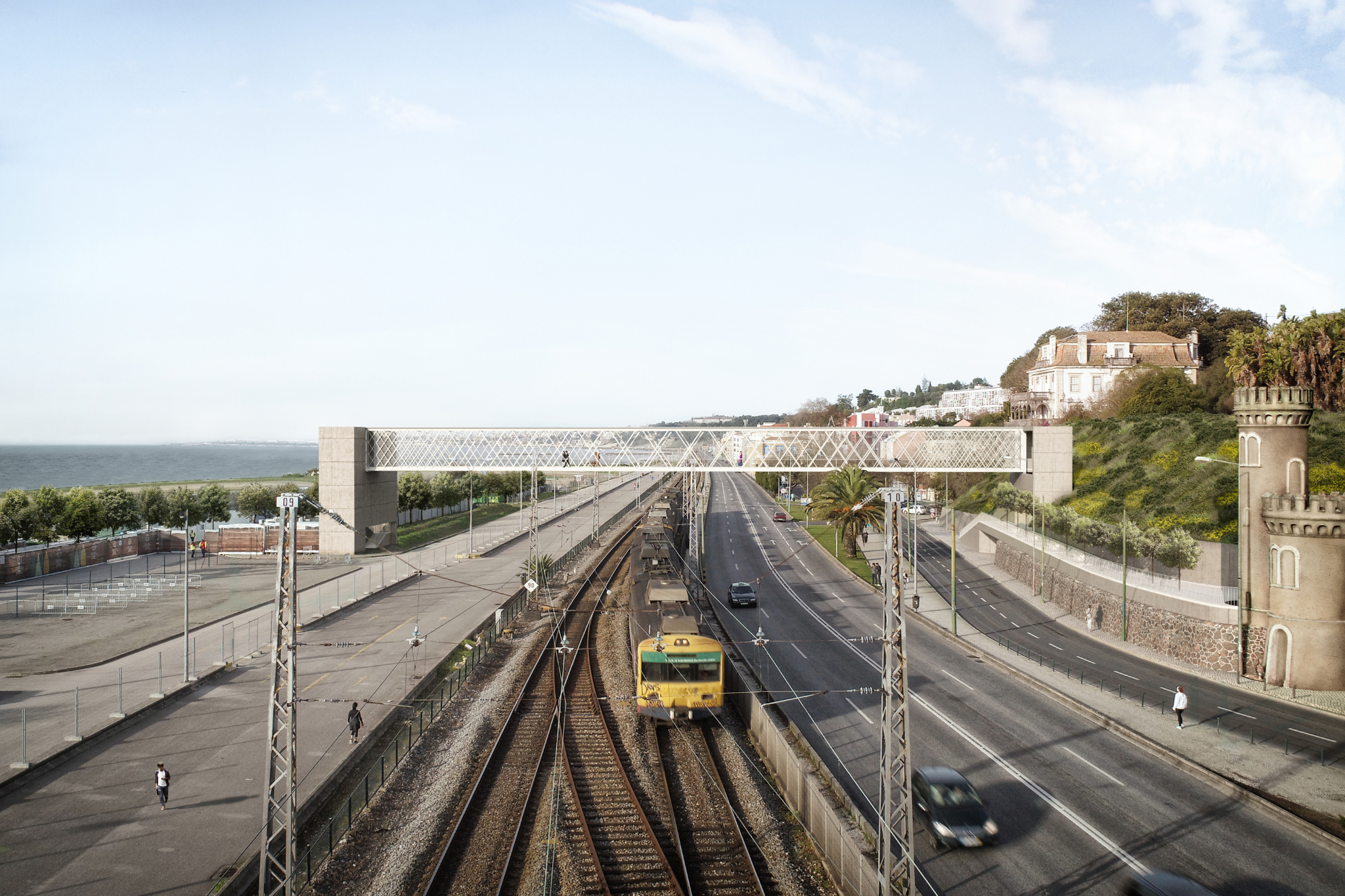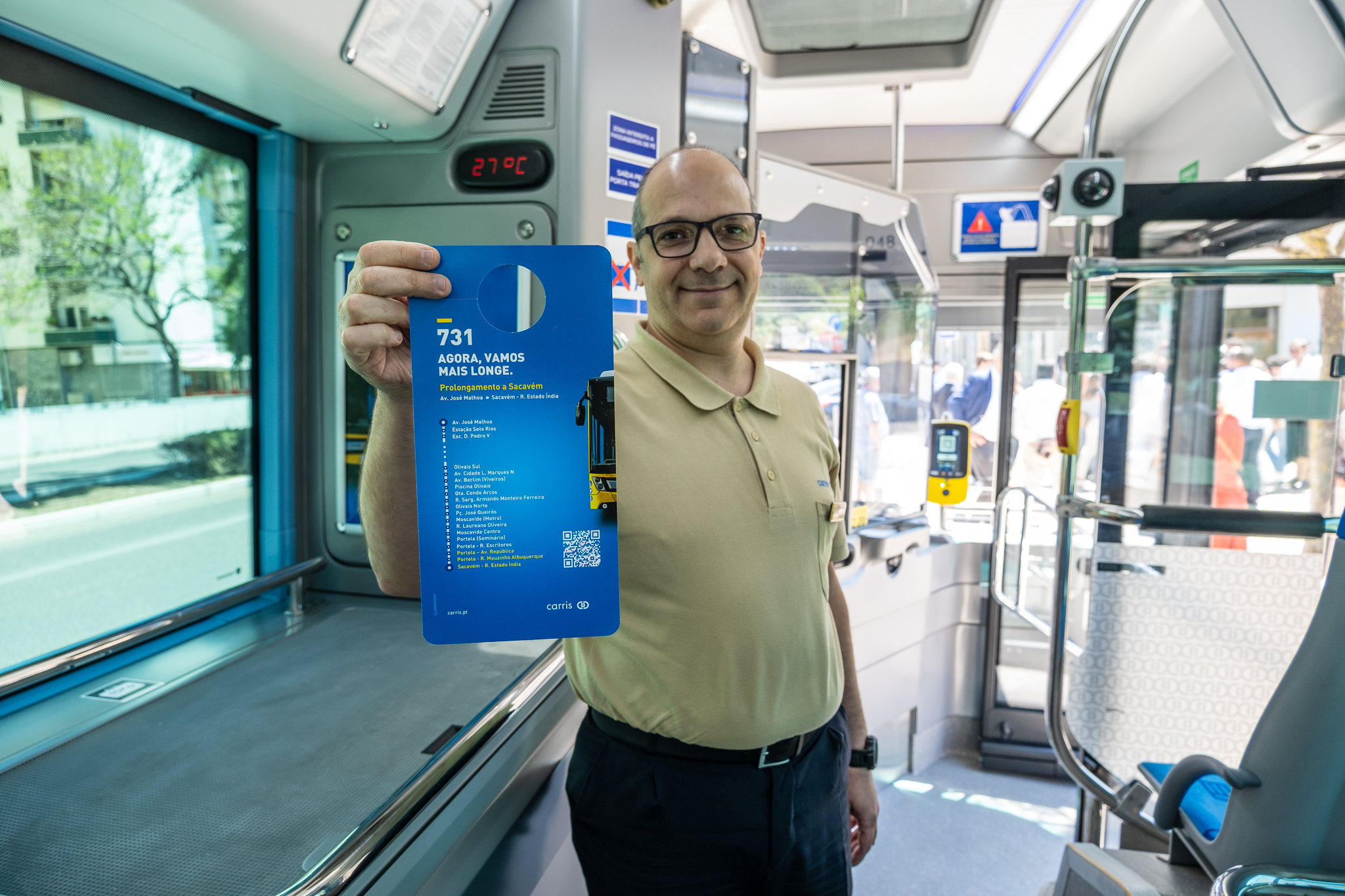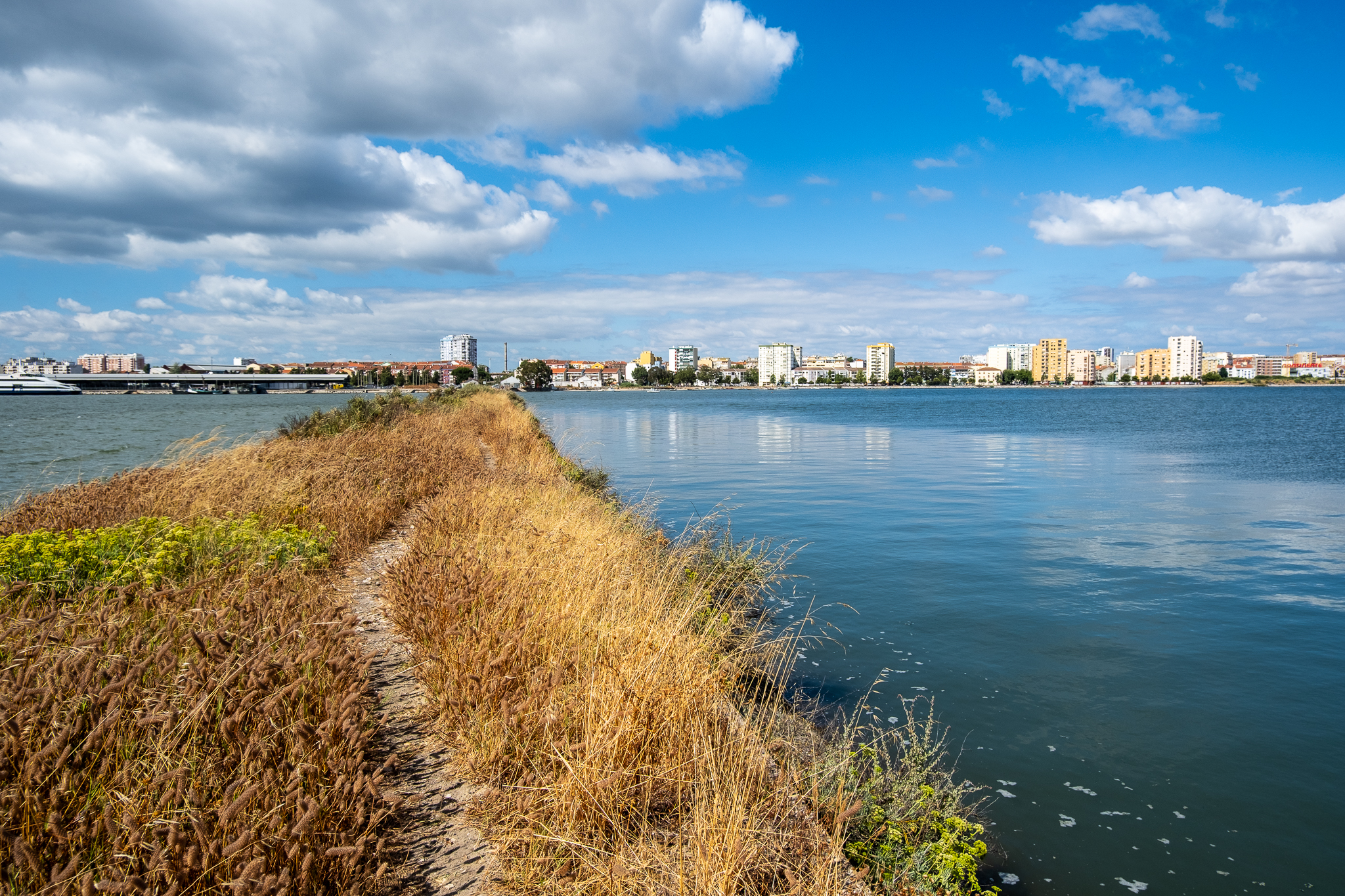Opinion.
Is this an ambitious measure? Yes. Does it have numerous environmental, social and economic benefits? Yes. Is it a measure that solves all the problems of public transport? No. With the increase in tax collection caused by inflation, there is no better time for a measure like this.
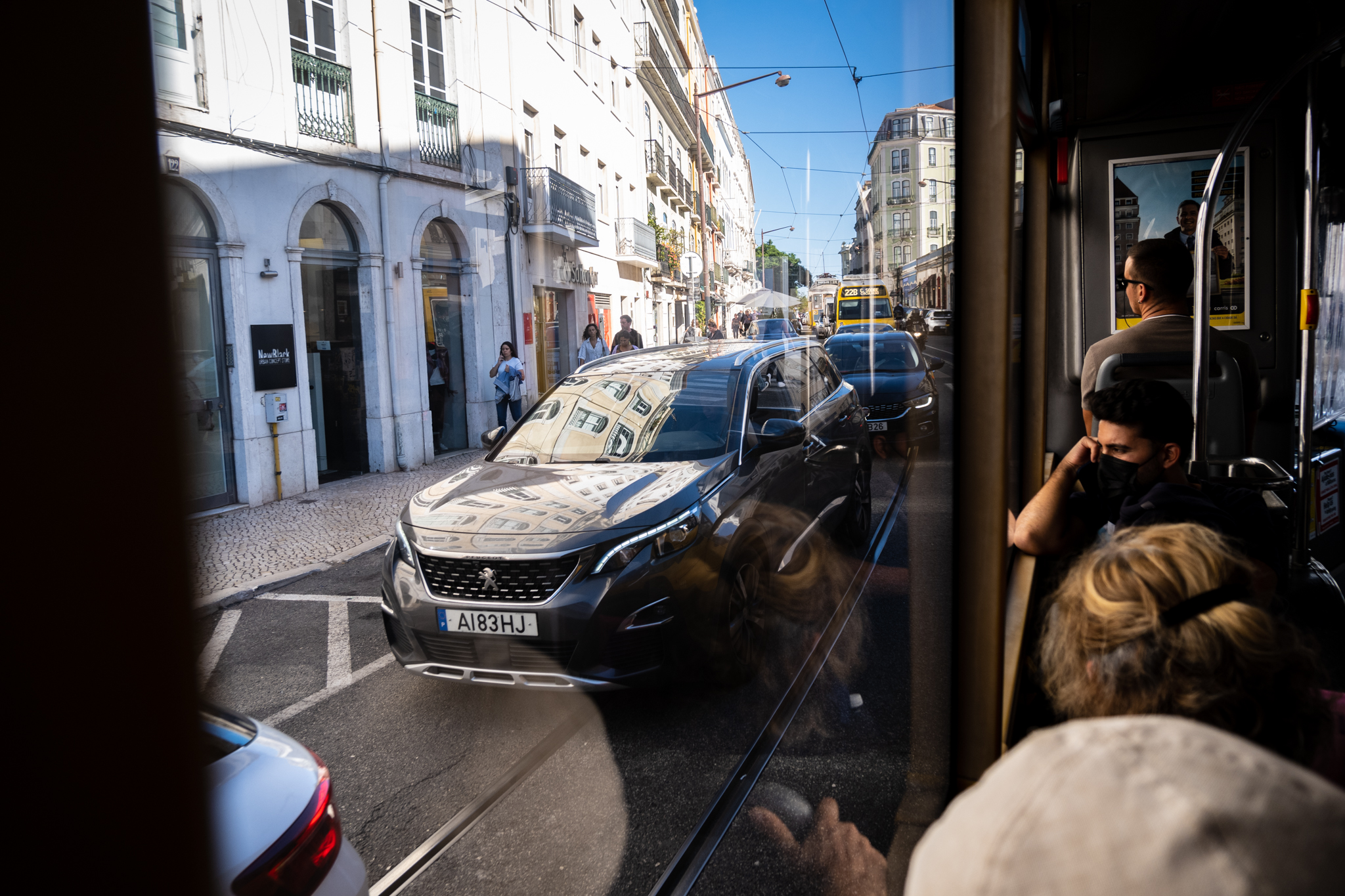
On October 10th, in an opinion article published in Lisboa Para Pessoasits author, Mário Rui André, criticized the Left Bloc's proposal for a national transport pass at €9 per month, accusing it of being "inappropriate and populist". With this article, I hope to dismantle some myths and explain why this is the case. a good proposalThis would have a very positive impact on those who live here and on the environment.
The article lists various problems faced by those who want to use public transport to get around, using them to dismiss the proposal. Next, criticizes the German model on which this proposal was inspired. Finally, it argues that there are other more important measures and that the level of ambition of the proposal is misplaced. In parts:
Doesn't the €9 national pass solve the problems of those who want to travel by public transport in the different regions of the country?
The passes Walking in the Porto Metropolitan Area and Navigator in the Lisbon Metropolitan Area constituted a a real revolution, relieving the family budget of those who live, study or work in these regionsThis will make public transport a competitive option for replacing individual transport, reducing congestion in cities and helping to improve the environment.
It is also true that this revolution has not yet reached the other regions of the country. The author gives detailed examples of Coimbra and the Algarve. Those who travel regularly within these regions often have to buy several passes, causing great costs for families. The author also raises the problem of the lack of communication between regions, illustrating this with the example of those who live in the West region and who today would not be able to travel between their region and Lisbon with a single pass.
The Andante/Navegante solution solves (in most cases) the problem of intermodality, but not that of communication between regions. What's more, although it is a huge improvement on previous prices, it still comes at a considerable cost to families (particularly in the context of the loss of income in which we live). Contrary to what the author suggests, the national pass at €9 would solve immediate problems that exist in the different regions of the country, guaranteeing easy and unbureaucratic access to all means of transport in any region.
Is the €9 national pass a "cheap copy" of a model incapable of taking cars off the road?
The Left Bloc's proposal is inspired by the German pass, which over the three months of the summer allowed anyone to travel on the country's local and regional transport for just €9. In the opinion piece published, the author discredits in just one sentence this revolutionary experiment, which German Prime Minister Olaf Scholz classified as "one of the best ideas" of your government. I think it would be important to pay a little more attention to the results we have seen so far from this experiment.
The truth is that this measure has been a huge success, with very positive environmental and social impacts. According to the German Public Transport Association (VDV), the 52 million passes sold cut emissions by 1.8 million tons of CO2. - corresponding to the emissions of 388,000 cars in one year. According to the same association, this measure has led to one in ten users would use public transport instead of the car for at least one trip a week. According to researchers at the University of Potsdam, there was a causal relationship between the introduction of the pass and a cut of around 7% in CO2 emissions for the duration of the contract.
Socially, the positive impacts have also been felt. The most obvious is the increase in household disposable income in a context of high inflation, which according to researchers from the German Economic Institute would be two percentage points higher if this measure did not exist. But it also had less direct effects. Some families went on vacation for the first time. Others were only able to send their children to school camps thanks to this pass.
Two ways of measuring the success of a policy are its support among the population and its national and international repercussions. In Germany, there was a wave of support for the €9 pass. There was protests e petitions for its continuity, and while waiting for some policy of continuity at the federal level, some states have already made progress with low-cost passes for their regions, such as Berlin.
Internationally, this measure has inspired others that are also performing very well. Uone example is the free passes for regional and urban trains in Spain, which has 1.5 million users and has already cut 360,000 tons of CO2according to the Spanish Ministry of Transport, Mobility and Urban Agenda. The good results have led to the announcement that this measure will be extended to 2023.
In public policy, there are no "cheap copies". There are policies that work and policies that don't, given the way they are formulated and the contexts in which they are applied. This policy has proven to work.
Shouldn't a €9 national pass be a priority? Is it too ambitious?
In the opinion piece, the author argues (without justifying why) that a national pass could never be "ridiculously cheaper" than the current Navegante/Andante passes, since they already offer competitive value. He also rightly lists a series of urgent measures to improve public transport, such as simplifying ticketing (which, as we have already seen, this proposal solves), creating more BUS lanes and investing in modernizing fleets, stops and stations.
Is this an ambitious measure? Yes. Does it have numerous environmental, social and economic benefits? We've seen that too. Is this a measure that solves all the problems of public transport? NoHowever, major investments are still needed to make public transport truly competitive, investments that are compatible with and complement this measure. With the increase in tax collection caused by inflation, there is no better time for a measure like this.
In the face of the climate crisis, which is accompanied by an economic and inflationary crisis, it is inappropriate not to take measures with the ambition needed to respond to them.
João Bernardo Narciso is a leader of the Left Bloc. He is also a computer engineer, a master's student in Political Science and a research fellow.


